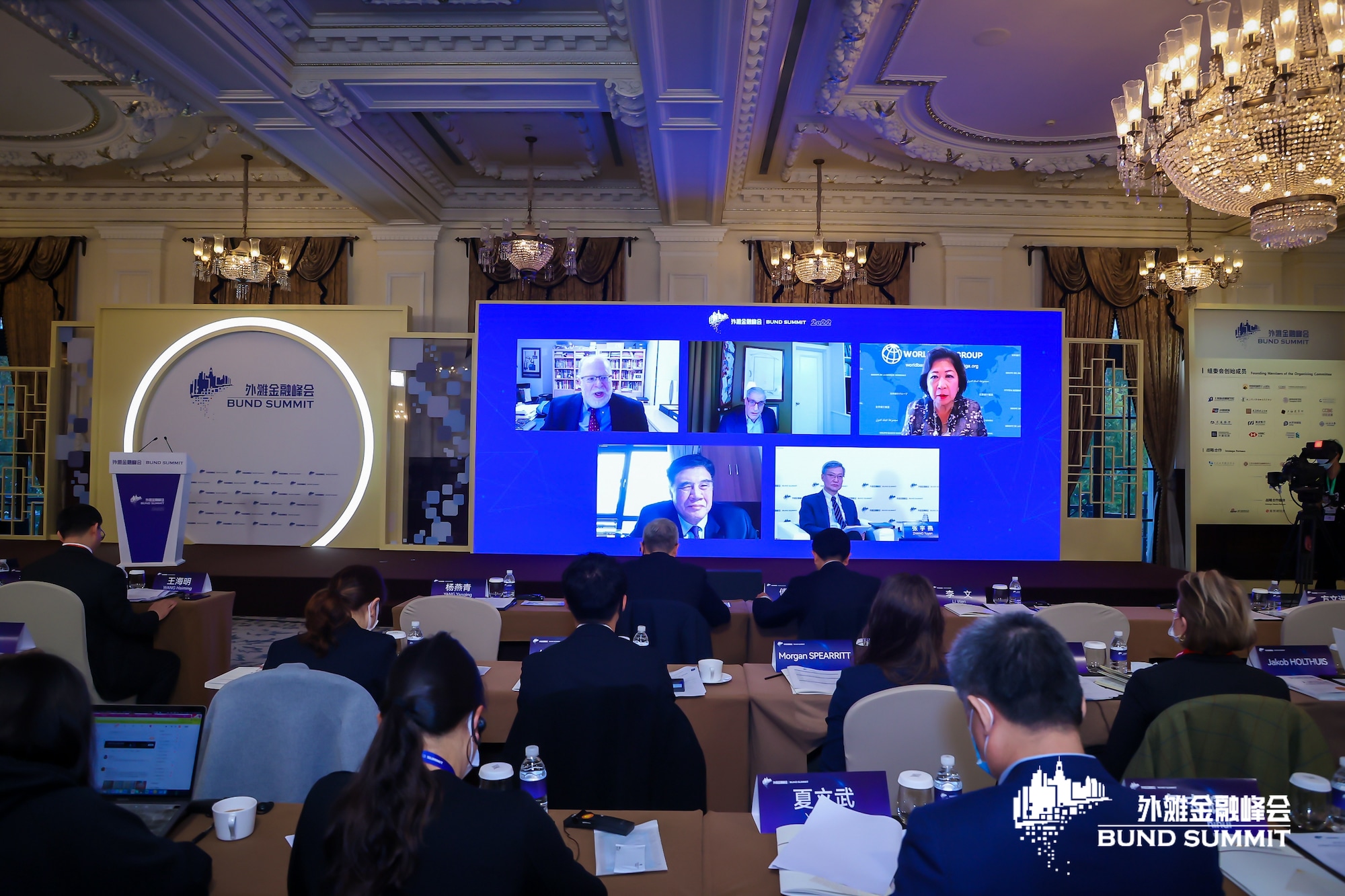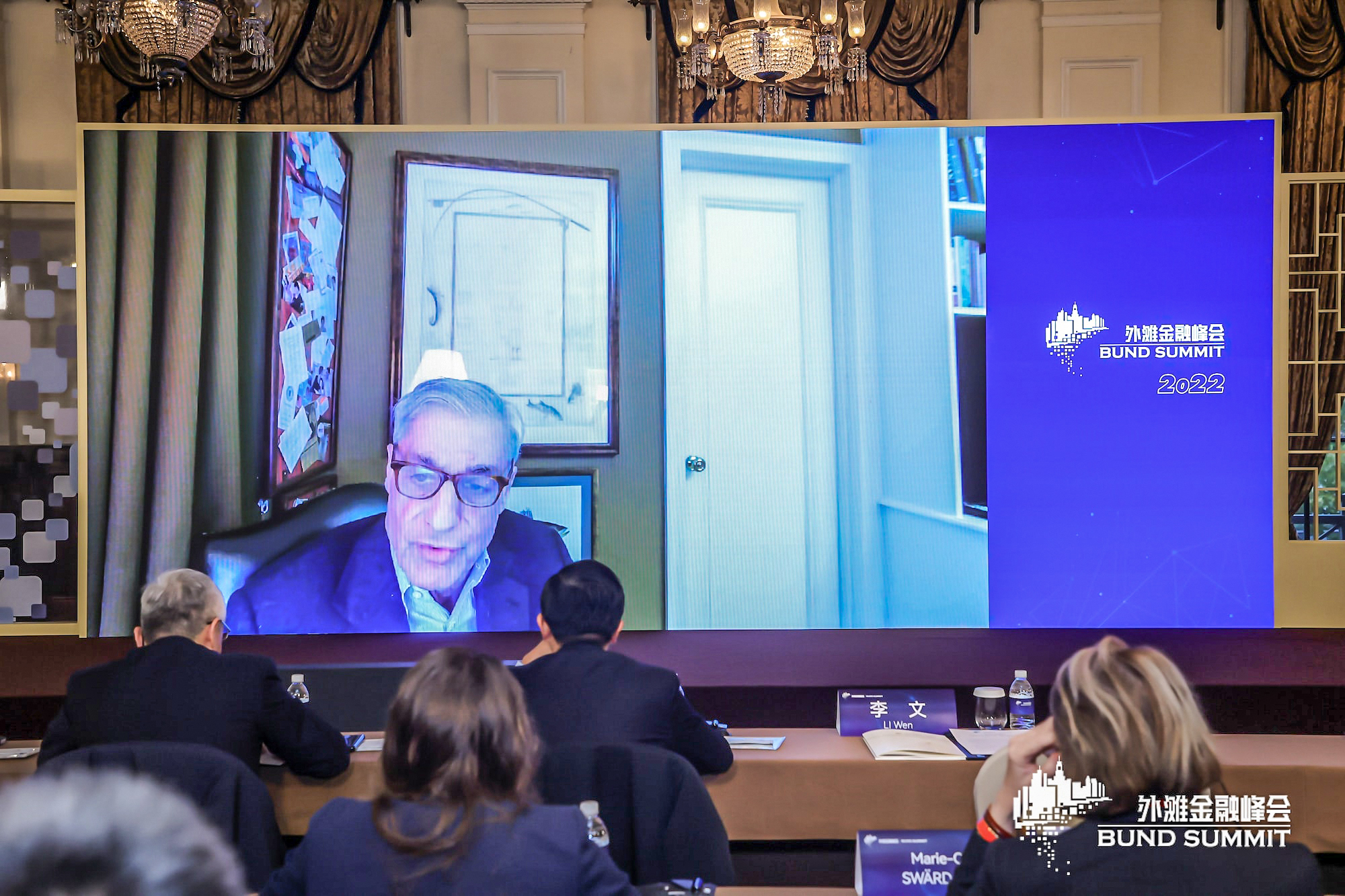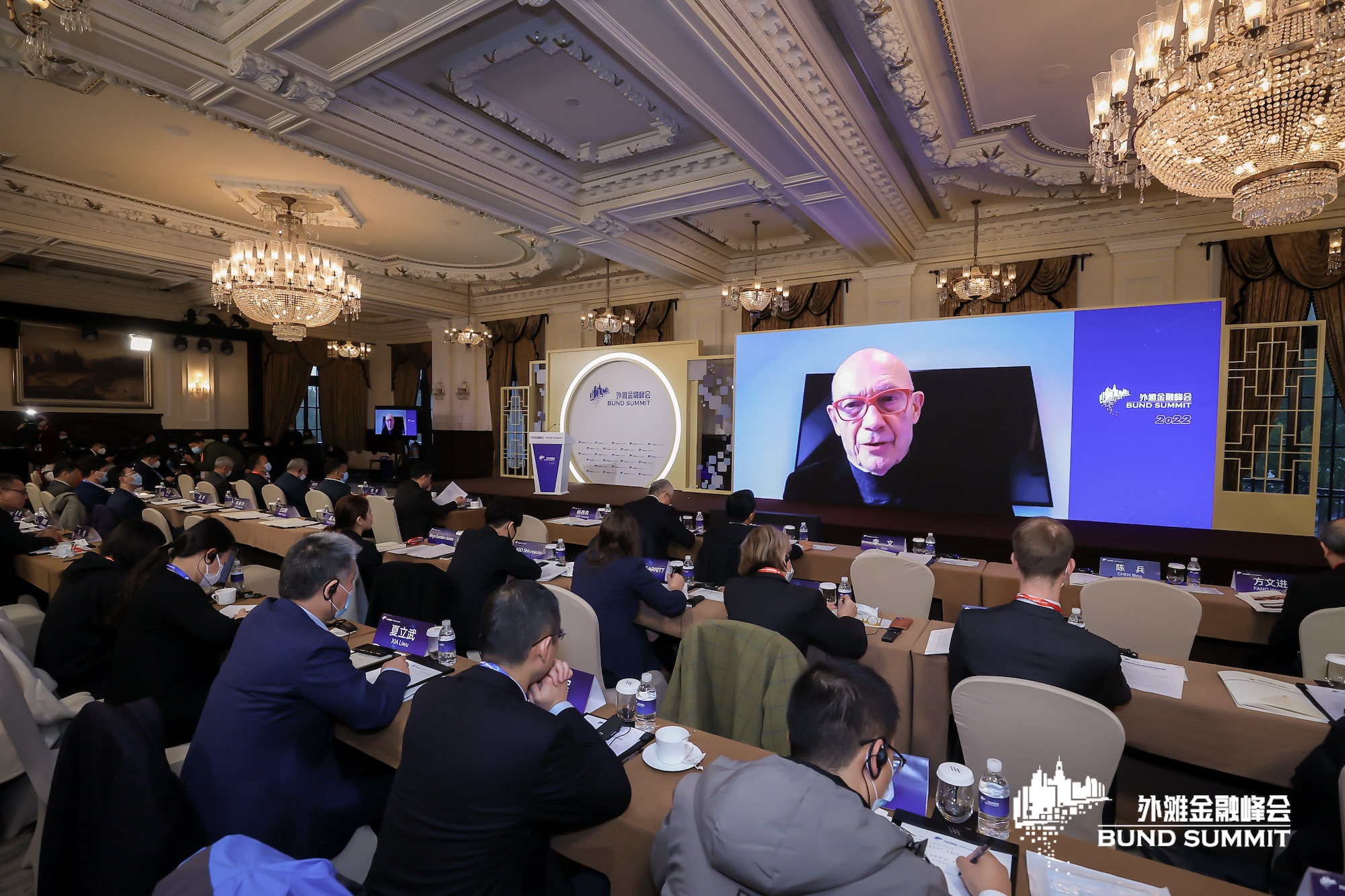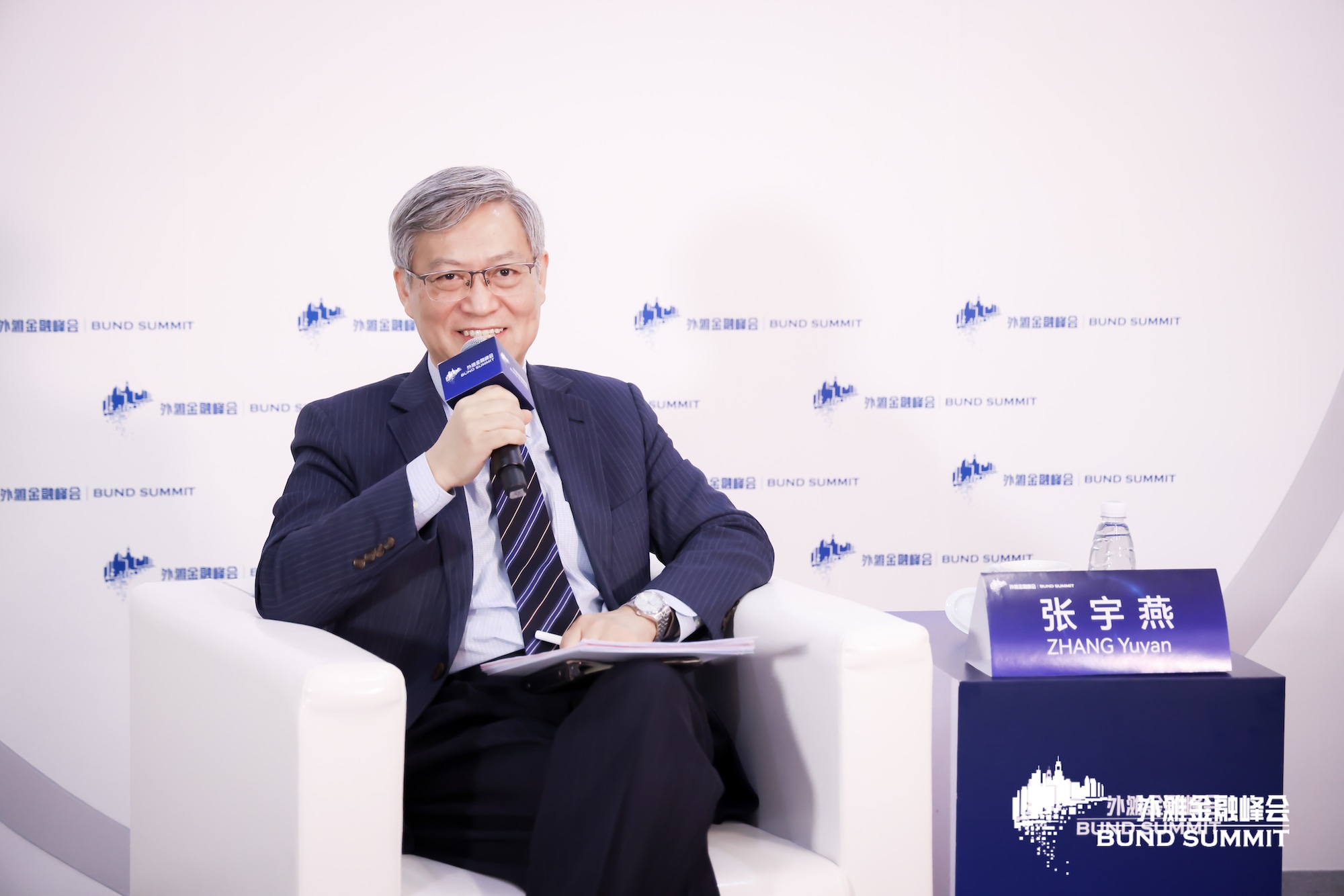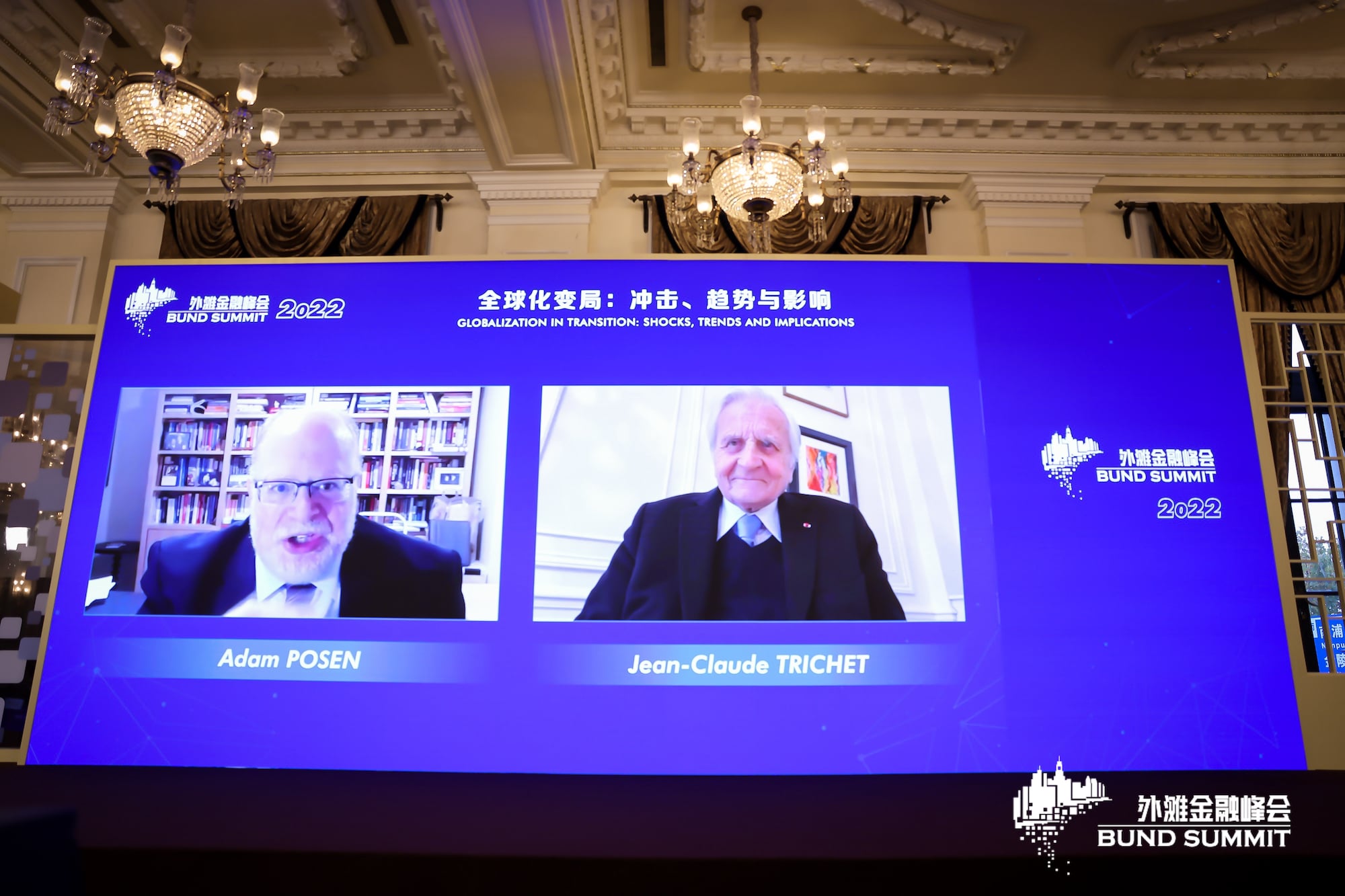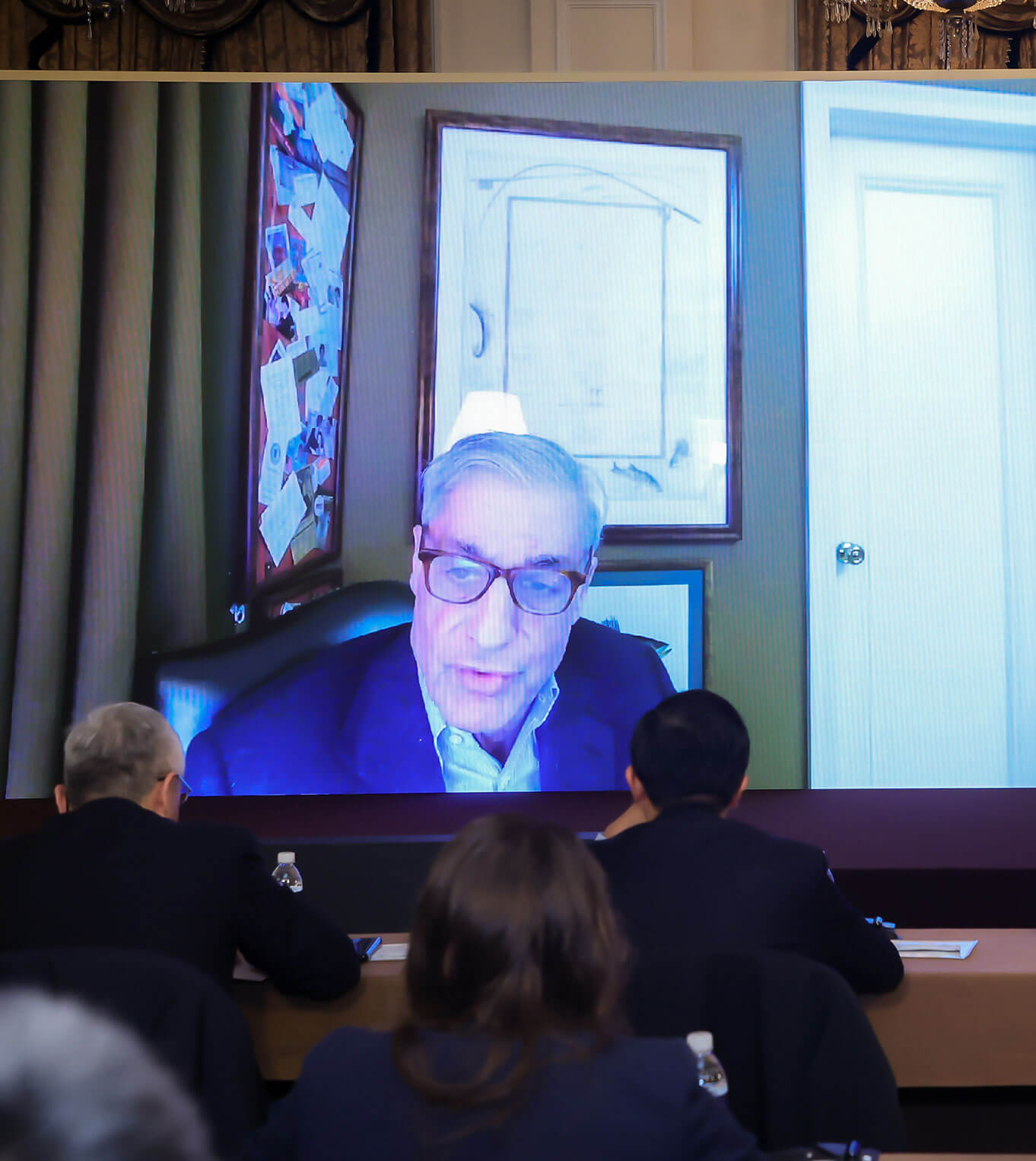

It is crucial to build constructive China-US relations, especially in the face of severe global challenges such as climate change. It is in the two countries’ self-interest to work together on critical transnational matters. The two sides should share a competitive but not adversarial relationship, manage misperceptions about each other, and build awareness of the vital role that constructive engagement can play in addressing the challenges.

Robert RUBIN
The 70th Secretary of the Treasury of the United States
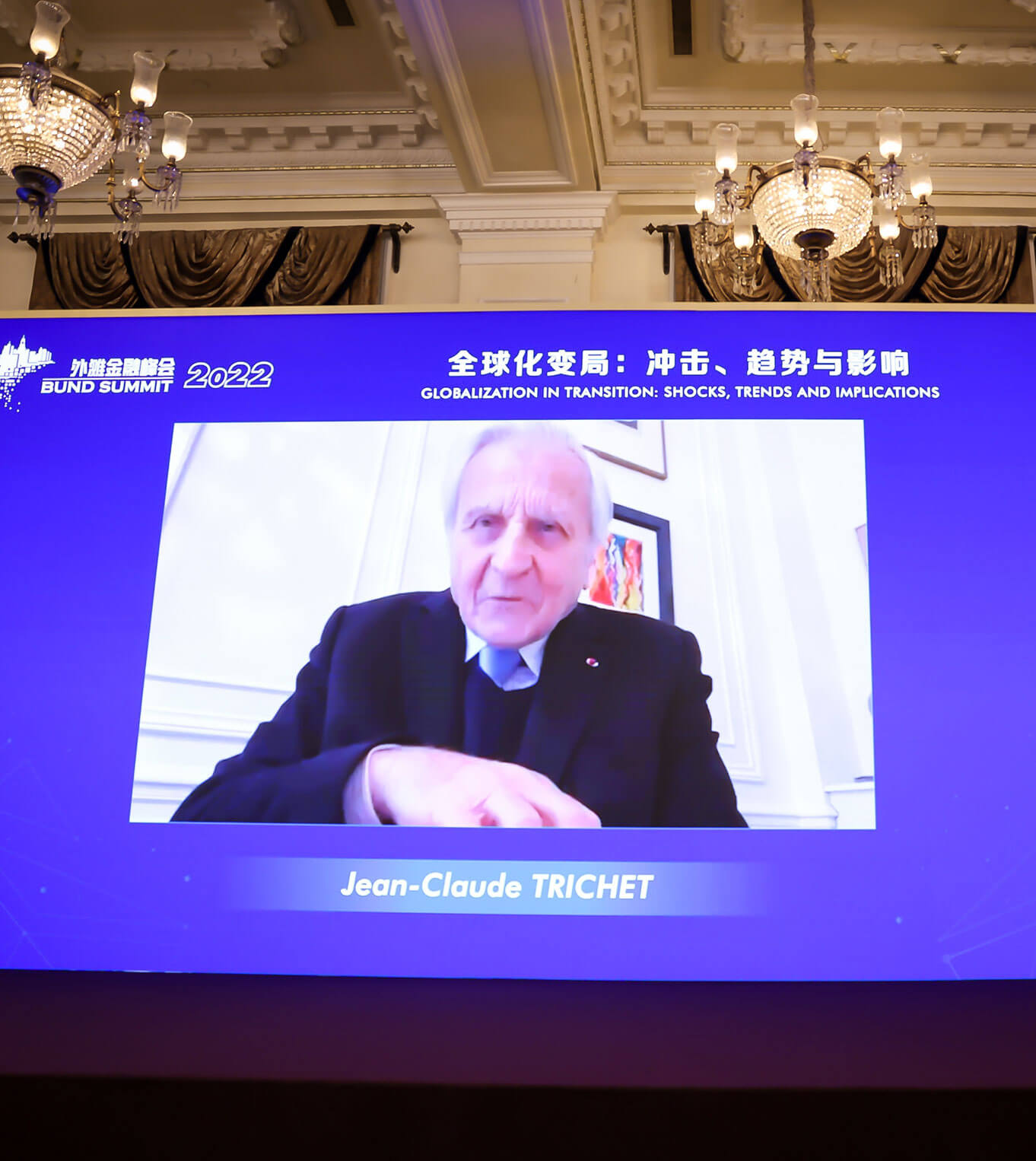

The main cause of the rising inflation in the US and Eurozone is the delay in actions of central banks who wish to stick to their forward-looking guidance. Other contributing factors include the biased thinking formed under the low inflation and low-interest rate macro environment for a long period of time, the central banks’ tolerance of rising inflation, and the failure of forecasting models to capture sharp changes in the economy.
Looking ahead, long-term structural factors such as slowed globalization, green transition and rising labor costs may further push up inflation. But it’s still possible for advanced economies to bring inflation down to around 2% within three years, as the credibility of central banks is still there. As for the spillover effects of monetary policy tightening in developed economies, targeted assistance needs to be provided to vulnerable emerging economies, including the provision of appropriate financing channels or debt restructuring mechanisms.

Jean-Claude TRICHET
Chairman, International Advisory Council of the Bund Summit; Former President, European Central Bank


I do not believe we are moving to de-globalization...but a more fragmented globalization than in the past. This leads to a loss of efficiencies, and if we lose efficiencies, we lose also growth, and we will also lose attention to reducing poverty, and the socioeconomic sources of conflict with that will be added to the geopolitical tensions.
We should frontline where international cooperation is both absolutely necessary and feasible between these geopolitical tensions. So, let’s frontline decarbonization. Let's try and move as quickly as possible to an equivalent of a global carbon price. Let’s cooperate much more on the ocean issues where we still have a big gap in science that we need absolutely to fill collectively in the next 20 years before it is too late to stop the liquidation of the oceans.

Pascal LAMY
President of Paris Peace Forum; former Director-General, World Trade Organization


I think climate change, the existential crisis of climate, and biodiversity losses have really had a large and disproportionate impact on poor and vulnerable countries. It could really be very disastrous for developing countries, especially the poorest and most vulnerable. The crisis facing development is what will require an urgent response from all of us and this is really where we need international cooperation and joint action. It's not just a country-based development model anymore. And to this end, there has been a big ask to MDBs and IFIs to do more.

Mari PANGESTU
Managing Director of Development Policy and Partnerships, World Bank
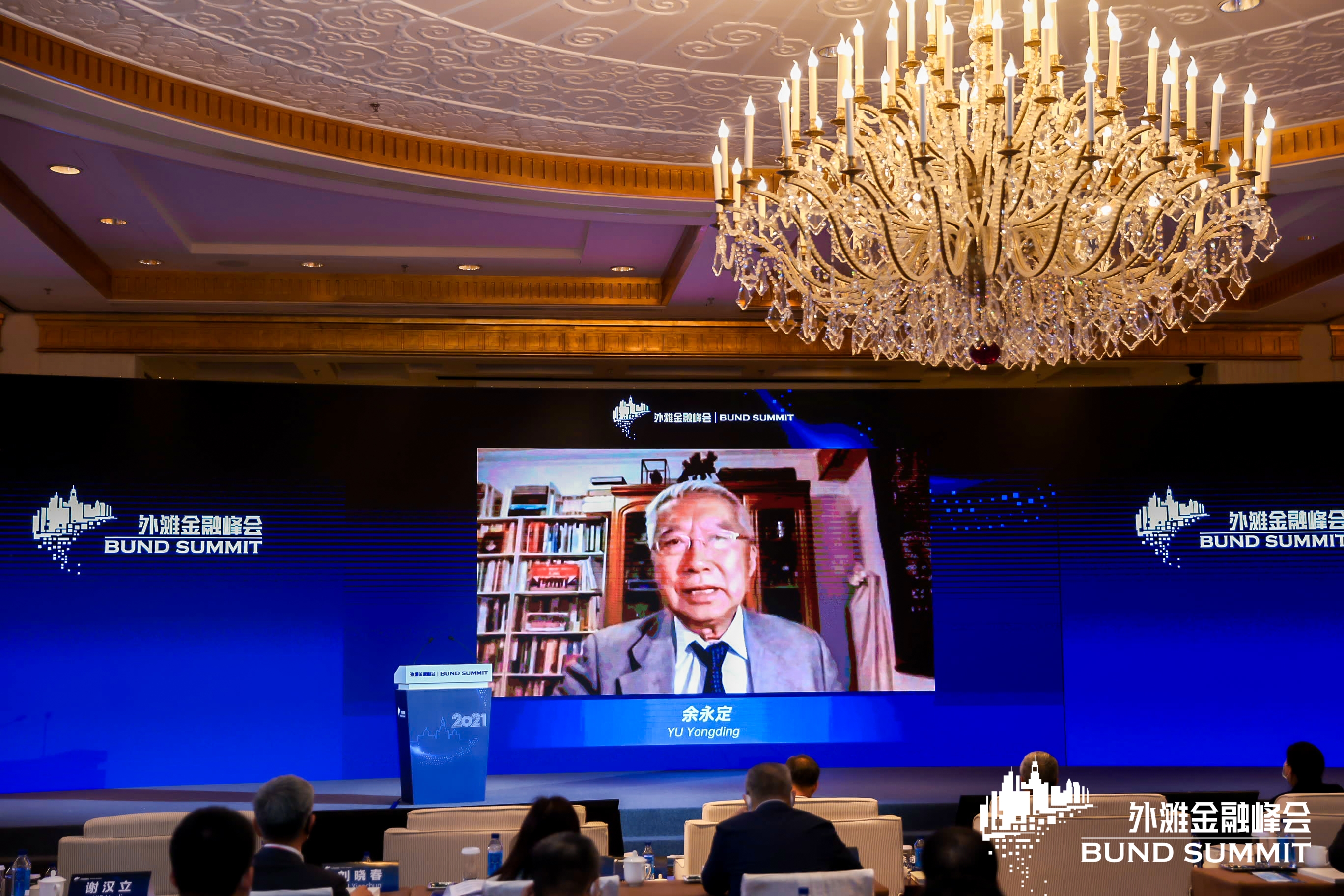

Both the Chinese yuan and Japanese yen now face depreciation pressures as the Fed raises interest rates. In the long run, it’s the global market confidence in the Chinese economy that will decide the RMB exchange rate. The priority for Chinese policymakers is to implement expansionary fiscal and monetary policies to bolster economic growth.

YU Yongding
Chairman, Pu Shan Foundation; Academician, Chinese Academy of Social Sciences


Global problems have deteriorated rapidly and global governance has lagged behind and failed to tackle the challenges effectively. Global issues require collective actions by all countries, which should be guided first and foremost by the principles of fairness and justice under the leadership of the United Nations.

Zhang Yuyan
Academician, Chinese Academy of Social Sciences (CASS); Director of Institute of World Economics and Politics, CASS
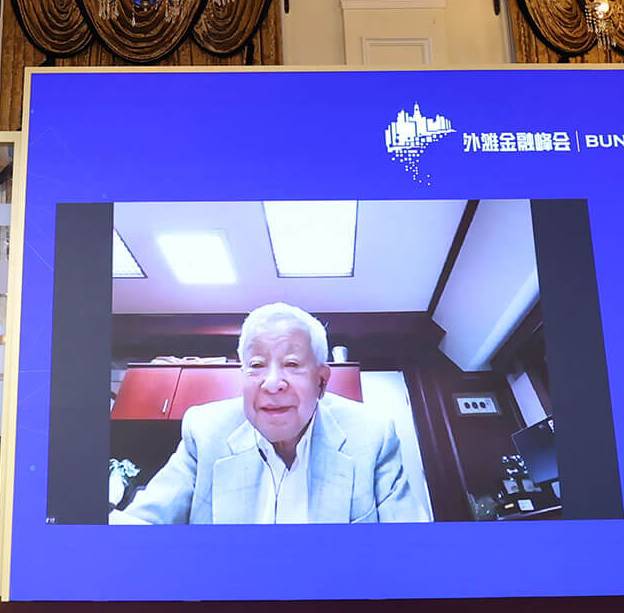

The reason for the yen's depreciation in the past few months was the divergence between US and Japanese monetary policies. Now as the US economy weakens, the Yen has started to go up and will keep the trend in the future, which is in line with the interest of Japan.

Eisuke SAKAKIBARA
Professor of Economics, Aoyama-Gakuin University
Watch the highlights
